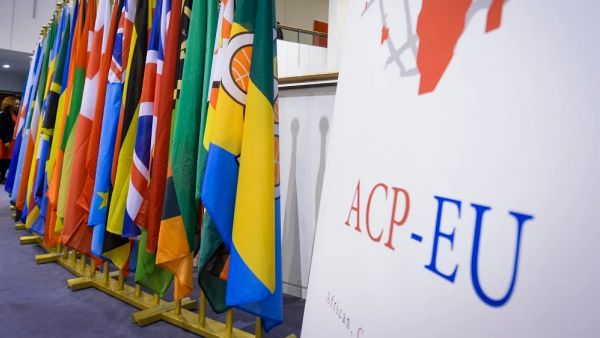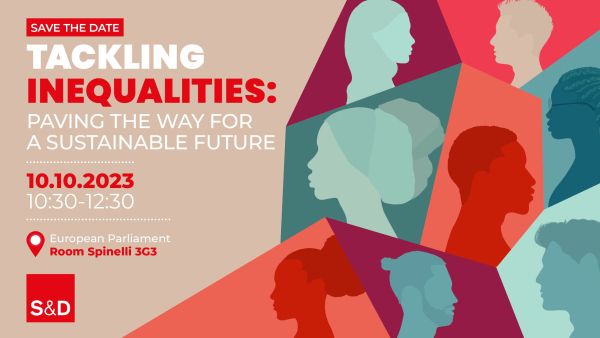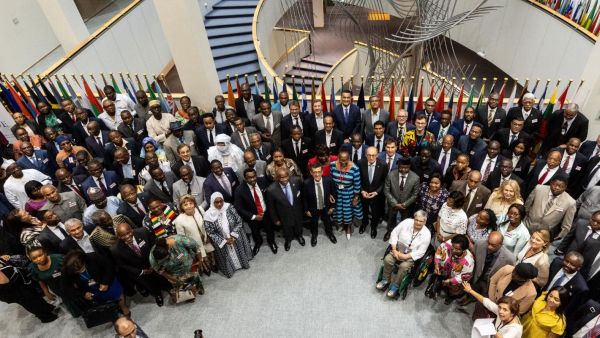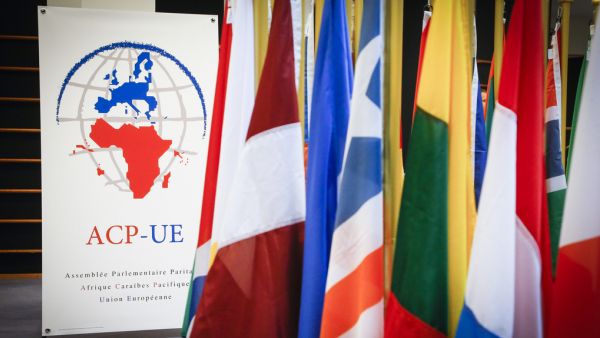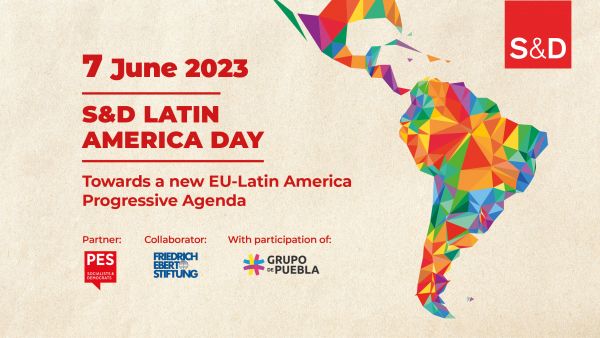Today, the S&D Group, together with the Italian think tank, CeSPI, has launched its report "Shaping a Progressive Agenda of EU’s Development Cooperation: A Critical Examination of NDICI-Global Europe Implementing Acts". The report examines the implementation of the biggest external EU financial instrument, NDICI-Global Europe*, and assesses how its objectives and priorities are benefitting the partner countries.
The adoption of NDICI-Global Europe in June 2021 was a milestone in EU external policy, since it merged most of the EU external instruments into a single instrument to ensure more coherence and effectiveness in EU response to international crises. However, the European Parliament has little to say on the allocation of funds for specific countries, thematic areas, or on the choice of priorities. Its role as inspector is crucial to allow for democratic legitimacy of the instrument. Our collaboration with CeSPI, which started more than two years ago, intends to make the European Parliament’s powers of scrutiny over the Commission a reality and not a mere symbol.
The timing of the project’s final report, which analyses 175 European Commission Annual Action Plans (AAPs), is highly relevant. With the recent European Council conclusions on the MFF revision, there is a pressing need to translate them into specific allocations for the 2025-27 period during the mid-term review of NDICI. This report offers crucial insights that will enable a more thorough evaluation of the current Instrument and its practical application, thereby guiding us towards more informed and effective progressive policy-making.
Udo Bullmann, S&D MEP and coordinator in the European Parliament’s committee on development, said:
"The result of the CeSPI’s study is clear: despite the alignment of the NDICI-Global Europe regulation with the Agenda 2030 and crucial goals, such as human development and the fight against poverty and inequality, a detailed review shows that these priorities have to be reflected in the actual initiatives pursued in partner countries. The observed discrepancies tend to undermine the effectiveness of the Commission’s development programmes, notably in achieving the Sustainable Development Goals, which should be the primary objective of any actions undertaken within this framework. A revised NDICI should be guided by the human development impact of its actions on the various segments of the populations, particularly the most vulnerable. If the new methodology is applied correctly, it must also allow for new priorities leading to sustainable upheaval of our partner countries."
You can find the final report here.
*Neighbourhood, Development and International Cooperation Instrument – Global Europe.






